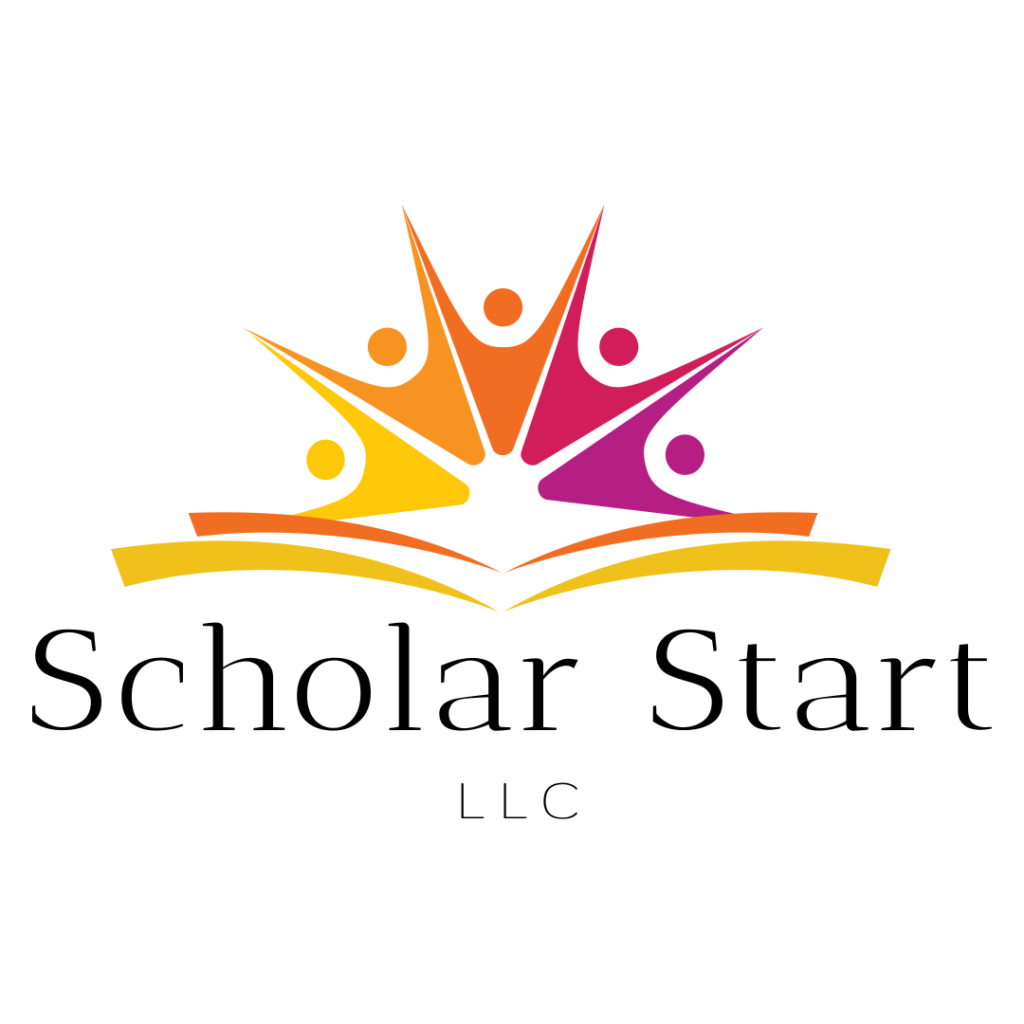As educators and doctoral students, we have a unique responsibility to create spaces where everyone feels valued, seen, and celebrated. While February is often associated with Black History Month, this is a perfect time to reflect on how we can honor the diversity of all heritages and cultures—not just during designated months but throughout the year.
Let’s explore how we can foster a culture of belonging for students, colleagues, and communities.
1. Celebrate Year-Round, Not Just One Month
Designated months for heritage celebrations—like Black History Month, Hispanic Heritage Month, or Asian American and Pacific Islander Heritage Month—are vital, but inclusivity should be ongoing.
- For educators: Integrate diverse voices and contributions into your curriculum throughout the year. For instance, highlight authors, scientists, or historical figures from various backgrounds as part of your regular lessons.
- For doctoral students: Consider how your research can address diverse perspectives and honor underrepresented groups. Are there voices in your field that have been overlooked?
Action Step: Create a year-long calendar of heritage-focused lessons or research milestones that ensure continuous celebration of diversity.
2. Create Culturally Inclusive Classrooms and Research Environments
Building a sense of belonging requires intentionality in creating environments where people from all heritages feel respected and included.
- For educators: Use books, visuals, and resources that reflect the diverse backgrounds of your students. Encourage students to share their cultural traditions or family stories as part of classroom activities.
- For doctoral students: Ensure your research methodology is inclusive. Are you considering how cultural differences might affect your study’s design, participants, or outcomes?
Action Step: Evaluate your classroom or research materials. Are they representative of a variety of cultures and perspectives? If not, add new resources or adapt your approach.
If you are in need of ready made resources for your classroom for inclusivity this month, visit our Etsy store HERE.
3. Incorporate Heritage Through Food, Music, and Art
Food, music, and art are powerful ways to celebrate and connect with different heritages.
- For educators: Host a cultural day where students can share traditional dishes, music, or artwork from their heritage. Use these experiences as opportunities to teach about different cultures.
- For doctoral students: Consider exploring the cultural dimensions of your field. For example, if you’re in education, research how music and art from different cultures can enhance learning outcomes.
Action Step: Plan one activity this month—like a potluck, playlist creation, or art project—that highlights the beauty of cultural diversity.
4. Teach and Practice Empathy
Creating a culture of belonging starts with understanding and empathy.
- For educators: Teach students how to appreciate differences by modeling empathy. Role-play scenarios or use storytelling to build understanding.
- For doctoral students: Explore how empathy can inform your research, especially if your work involves human participants. Consider the lived experiences of those you’re studying or working alongside.
Action Step: Share a story in class or during a research presentation that illustrates the power of empathy and cultural understanding.
5. Empower Students and Colleagues to Lead
Inclusion isn’t just about what you do—it’s about empowering others to celebrate their identities.
- For educators: Encourage students to take leadership roles in planning events or activities that honor their heritage.
- For doctoral students: Collaborate with peers to host workshops, discussions, or events that highlight the importance of diversity in your field.
Action Step: Partner with students or colleagues to co-create a project or event that amplifies diverse voices.
6. Challenge Biases and Stereotypes
True inclusivity requires us to examine our own biases and work to challenge stereotypes.
- For educators: Use teachable moments to address stereotypes in a way that fosters understanding and growth.
- For doctoral students: Reflect on how biases might affect your research, from your literature review to your data interpretation.
Action Step: Commit to reading or attending one training this month that helps you better understand implicit bias and how to counteract it.
A culture of belonging benefits everyone. By celebrating all heritages, fostering empathy, and empowering diverse voices, we can create classrooms, research environments, and communities that truly reflect the beauty of our world.
As you reflect this month, ask yourself: What steps can I take to make my work—whether in teaching or research—more inclusive and representative of all heritages? Together, we can create spaces where everyone feels valued and celebrated, not just for a month, but every day.

